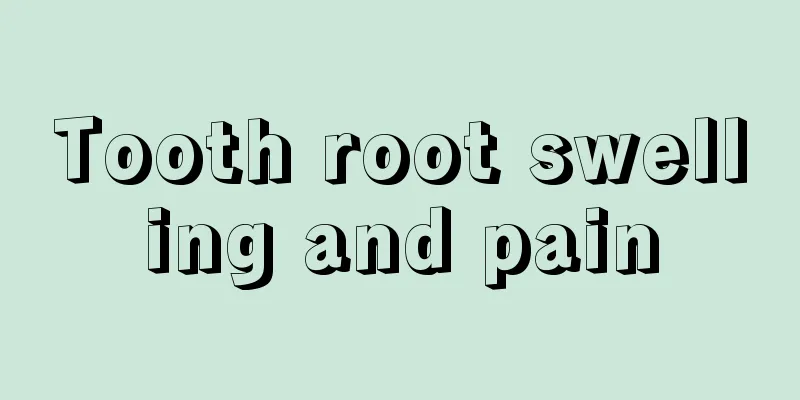What are the fastest ways to deal with diarrhea

|
In fact, the impact caused by diarrhea is quite large, and people of all ages may have diarrhea problems. To effectively treat it, we must focus on understanding the cause and solving the problem according to the cause. The use of some common antidiarrheal drugs is also indispensable, but we must also pay attention to scientific eating habits, diet, and health in our lives. 1. Etiology treatment: Diarrhea caused by intestinal infection must be treated with anti-infection; for people with lactose intolerance and gluten-induced celiac disease, lactose or gluten components should be eliminated from the diet respectively; for hyperosmotic diarrhea, food or drugs that can cause hyperosmosis should be stopped; for secretory diarrhea, in addition to eliminating the cause, salt and glucose solution should be actively supplemented; for colonic diarrhea caused by bile salt reabsorption disorder, cholestyramine can be used to absorb bile acid and stop diarrhea. For steatorrhea caused by bile acid deficiency, medium-chain fats can be used instead of long-chain fats in daily consumption. 2. Symptomatic treatment: Commonly used antidiarrheal drugs include activated carbon, tannic acid protein, aluminum hydroxide gel, and bismuth subcarbonate, which should be taken 3 to 4 times a day. Compound camphor tincture (2-5 ml), or codeine (0.03 g), 2-3 times a day. Long-term use is addictive and should only be used for short periods of time. Imodium (LoparamHCI) is a butanamide derivative and an intestinal opioid receptor agonist that can block the release of acetylcholine and prostaglandins, thereby inhibiting intestinal peristalsis, prolonging the retention time of intestinal contents, and enhancing the tension of the anal sphincter. The initial dose is 4 mg, and then 2 mg is taken for each subsequent diarrhea until the diarrhea stops. The patient should have 1 to 2 bowel movements per day, but the daily dose should not exceed 8 mg. 3. Acupuncture therapy: (1) Body acupuncture: Needle the Zusanli, Sanyinjiao, Shangwan, Zhongwan, Xiawan, Guanyuan, Qihai and other acupoints. (2) Moxibustion therapy: warm moxibustion on Shenque, Zhongji, Guanyuan and other acupoints with ginger or salt. (3) Auricularia acupuncture: acupuncture the large intestine, small intestine, spleen, stomach, sympathetic organs, liver, and kidneys once a day, 3 to 4 acupoints each time. It can also be combined with the application of fenugreek seeds. (4) Cupping therapy: Use the Shenque, Qihai, Tianshu, Dachangshu and other acupoints, which is suitable for deficiency-cold syndrome. |
<<: What are the correct ways to wash your nose
>>: How to clean the dirt in the oven?
Recommend
Why should twin boys and girls be raised separately?
If a pregnant mother can give birth to a pair of ...
Causes of pleural effusion in lung cancer
What are the causes of pleural effusion in lung c...
Eating too much celery will make your skin more susceptible to tanning!
【gossip】 Celery contains photosensitive substance...
Is physical therapy for frozen shoulder effective?
This disease is very common in people's daily...
Causes of endometrial cancer
Many patients do not know much about endometrial ...
How are super-large blackheads formed
Blackheads are a common skin problem. There are m...
Is it possible for teratoma to recur?
Ovarian teratoma is a common and frequently occur...
What to do if your hands get burned while picking chili peppers
Many families in our rural areas have vegetable g...
What are the nursing issues for liver cancer patients
There will be some symptoms after liver cancer su...
What should I do if nasopharyngeal carcinoma metastasizes to the liver? What are the dietary treatments?
Once nasopharyngeal carcinoma develops to the mid...
There are white strips in the fish meat
Fish is a very common meat in our daily life. Wha...
The most easily fooled cancer signal
With the development of medical technology, many ...
Dull pain in the right lung
The lungs are the respiratory organs of the human...
Can a blood test detect nasopharyngeal cancer? What are the symptoms of nasopharyngeal cancer?
Can a blood test detect nasopharyngeal cancer? Wh...
Why does one side of my butt hurt?
There are many reasons for buttock pain. Sometime...









